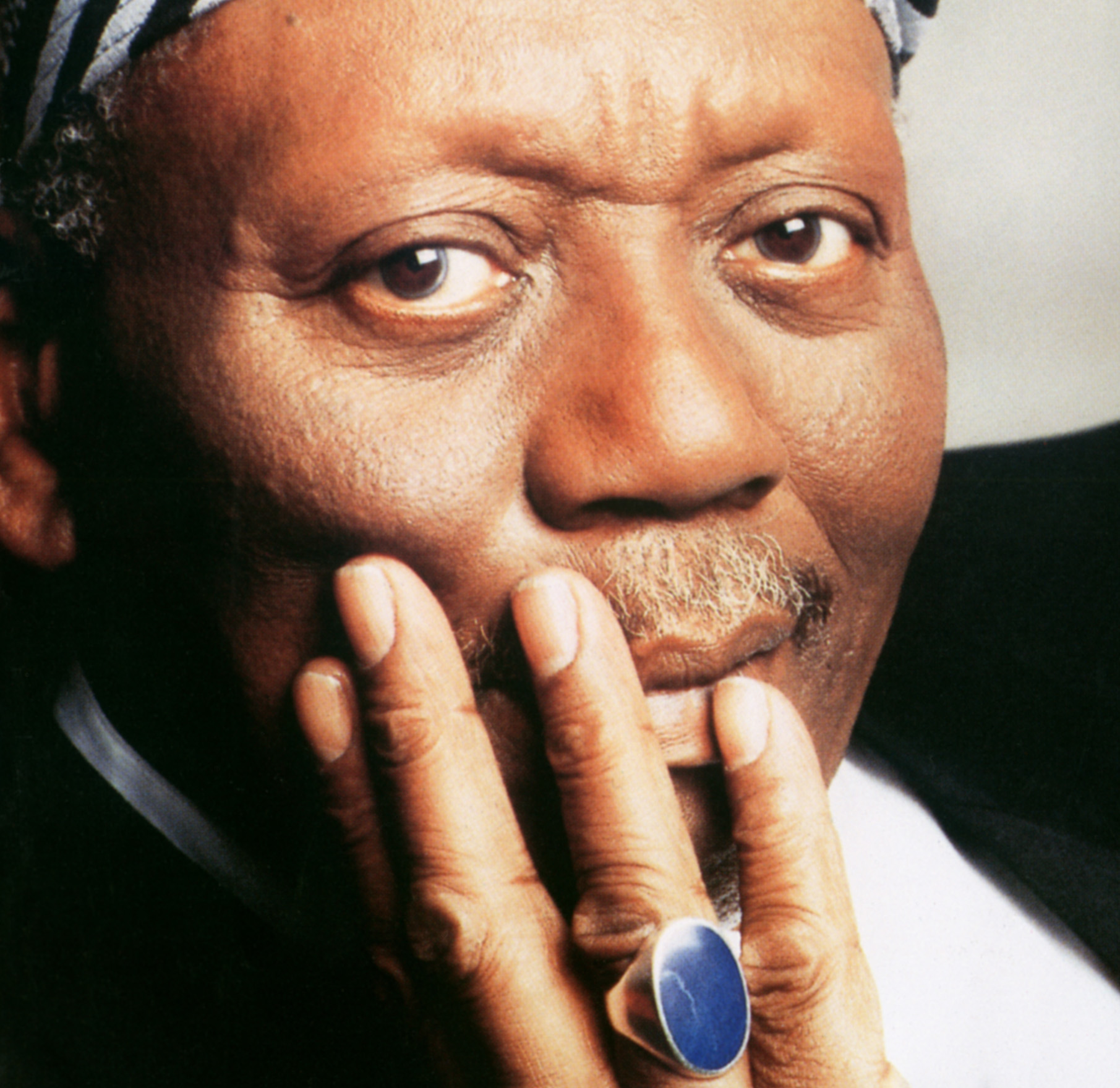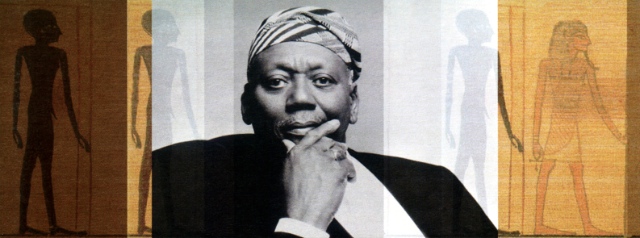

Randy Weston Photo: Carol Friedman
Legendary jazz pianist Randy Weston has made it part of his life’s work to draw attention to African culture through music. “I try to bring that forth to people who love this music,” the 87-year-old Brooklyn-born musician says. “This music come from [a] magnificent continent that suffered so much up until today that we don’t realize the good this continent has given the world. And what a better example than music.”
On his latest work, The Roots of the Blues, a collaborative album with the saxophonist Billy Harper, Weston continues his exploration of the connection between African and Western sounds. The performances from both Weston and Harper together sound lyrical, harmonious and sublime: from the mellifluous, soulful opening track “Carnival,” to the elegant and subdued “African Lady,” a song Weston co-wrote with the great poet Langston Hughes.
“Whenever I traveled to the motherland, I’ve always listened for the oldest music I can listen to,” says Weston. “I keep hearing the original blues. So the title The Roots of the Blues really came out of Africa and wherever African people would take it. They put that blues feeling into their music.”
Weston and Harper first met in Africa, in 1972 in the Moroccan city of Tangier, where Weston organized a music festival. Harper was a member of jazz drummer Max Roach’s band at the time. “I heard his sound and his approach to the saxophone,” Weston recalls of Harper. “So we played together off and on. We’ve recorded together with bigger groups. But I always wanted to do piano and saxophone.”
The material from The Roots from the Blues draws from tracks that Weston had previously recorded including “Berkshire Blues,” “Congolese Children” and “Blues to Africa,” as well as a couple of famous jazz tunes by other artists. “I felt like I wanted to do a couple of standards,” he explains. “So I picked those three because they were very popular in the ’50s and ’60s: “How High Is the Moon,” “Take the A Train,” and “Body and Soul” of course.”
Weston and Harper also deliver solo showcases on their respective instruments: the former on The “Roots of the Nile,” and the latter on “If You Could Only See.” “I said Billy, ‘I want you to do a solo piece,'” Weston remembers. “I didn’t know what he was going to do. I said, ‘I just want to have one piece solo saxophone.’ And that was it. It was so beautiful.”
Weston and Harper recently performed together in New York–including a session for the WNYC program Soundcheck–and in California late last year. In terms of the record, Weston himself admits that he had no idea of what the reaction was going to be toward the project. “When I listened to it, I said ‘Wow.’ And again, I can’t praise Harper too much. For me he pushes his saxophone almost like an individual orchestra. I’m so happy because I didn’t know what it was going to turn out to be…it inspired me because when plays, he maintains a call and response, which to me is the foundation of African music–which means you communicate with the people.”
Randy Weston’s latest album with Billy Harper, The Roots of the Blues, is now available.

